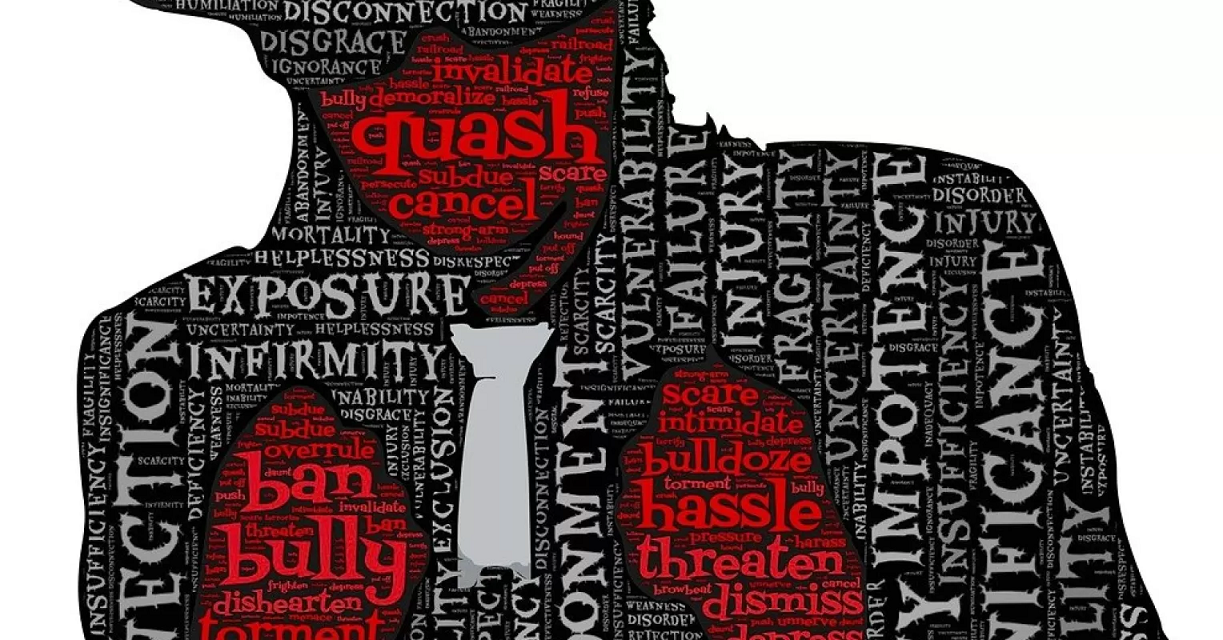Borderline Personality Disorder and the Weaponization of Words
The intense emotional dysregulation that many individuals with symptoms of borderline personality disorder (BPD) experience often leaves them in a state of desperation. Like a soldier who realizes that he is about to be ambushed, the sufferer of BPD symptoms may reach for anything to lash out at someone who makes them feel threatened. The closer you are to an individual who suffers symptoms of BPD, the more of your thoughts and feelings they have to weaponize against you. This is why those closest to sufferers of this disorder are usually targeted the most.
Individuals with symptoms of BPD tend to lash out at others, most notably those closest to them, when they experience uncomfortable emotions. Their weakness, or in some cases their inability to process their own emotions, results in efforts to use other people to help them.
When they are feeling guilty or frustrated, for example, they might blame others for the way they feel and then lash out aggressively. They might project these feelings onto others and then cope with these feelings by pushing others away. They may project their feelings onto others and then get relief by driving others away along with their uncomfortable feelings.
Through this mechanism, they often portray themselves as victims even though they are the aggressors. This victim identity absolves them of guilt or responsibility and then they move on to the next transaction. This method of coping creates instability in close relationships and is for this reason highly maladaptive. The following dialogue between a mother with symptoms of BPD and her son, Loni, illustrates this mechanism. (The dialogue is fictional but based on my clinical experience.)
Mom: Loni, I need you to take me to the nail salon tomorrow at 2.
Loni: Tomorrow at 2 is Janey’s third grade concert.
Mom: You said that was on October 21!
Loni: Tomorrow is the 21st.
Mom: You should have reminded me!
Loni: I did remind you. I sent you an invitation.
Mom: Why are you making such a big deal about a 30-minute concert? It makes me nervous.
Loni: Are you still going?
Mom: You don’t care about me! You just care about a stupid concert.
Loni: It’s my daughter’s first concert.
Mom: Oh yeah. As soon as that child showed up you forgot you have a mother.
Loni: Mom, that’s not true.
Mom: You always were a liar. I wish you were never born!
In the above dialogue, Loni’s mother was frustrated that he would not take her to her nail appointment and guilty that she forgot the date of her granddaughter’s recital. Her way of coping with the frustration and guilt that she feels is to blame it on her son and then attack every statement he makes.
This leaves him feeling like he did something wrong for including her while making her his victim. Due to her victimization, she now feels justified in taking whatever actions might be necessary to get exactly what she wants. She can take a taxi to the appointment and miss the recital and feel justified because, in her view, she was wronged by Loni.
Loni is left feeling many different emotions all at once. He is angry with his mother for not keeping her commitment to attend the concert and for the way she spoke to him. He felt guilty because she accused him of putting pressure on her and causing her pain and confusion. He also felt shame about having to tell his wife and daughter that his mother would not be attending the concert as expected. This might ruin this joyful event for Loni—if he lets it.
How to Neutralize the Weapons
Healthy coping requires Loni to examine his feelings of guilt. He needs to ask himself what exactly he feels guilty for. He needs to accept the possibility that he feels guilty because his mom wants him to feel guilty, not because he did something wrong. It would help him to recall that his mother’s accusations of him were contradictory: she accused him of not sufficiently reminding her and in the same conversation of making too big a deal about it.
Loni’s realization that the guilt he was feeling was projected onto him will relieve this part of his emotional reaction, leaving him with anger and perhaps sadness that things are this way. He might choose to confront her and say something like:
Loni: Mom, you forgot the date of the concert and you’d rather get your nails done.
But confronting his mother in this way might result in more conflict and weaponization than insight and contrition. He probably would do better to set a boundary and remain silent. An appropriate boundary in this situation might be to not invite his mother to future concerts that his children perform in.







Be First to Comment